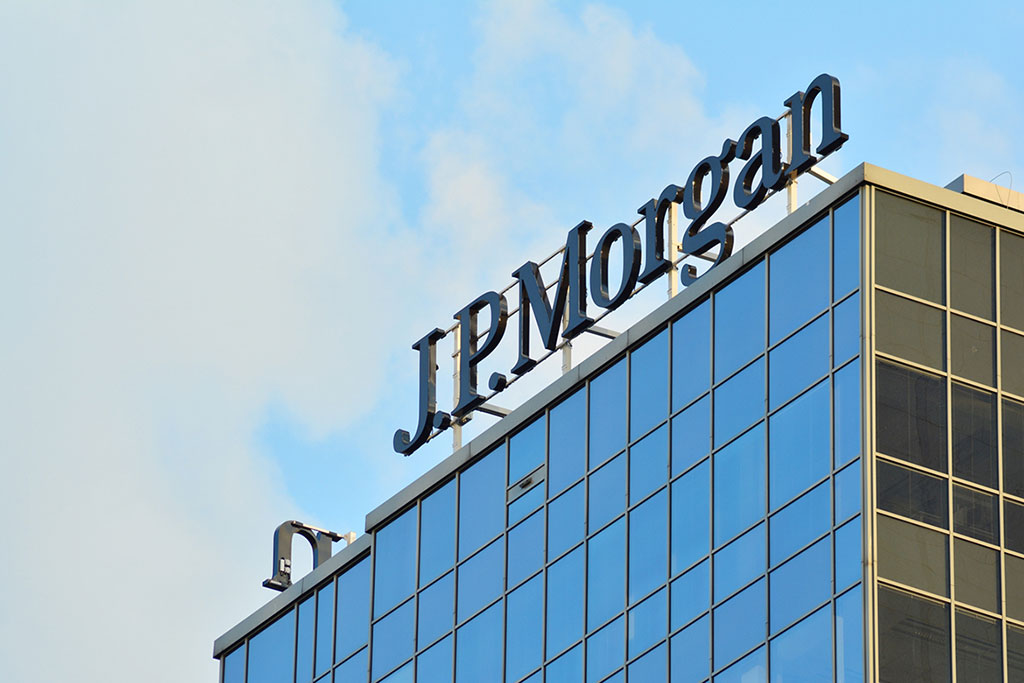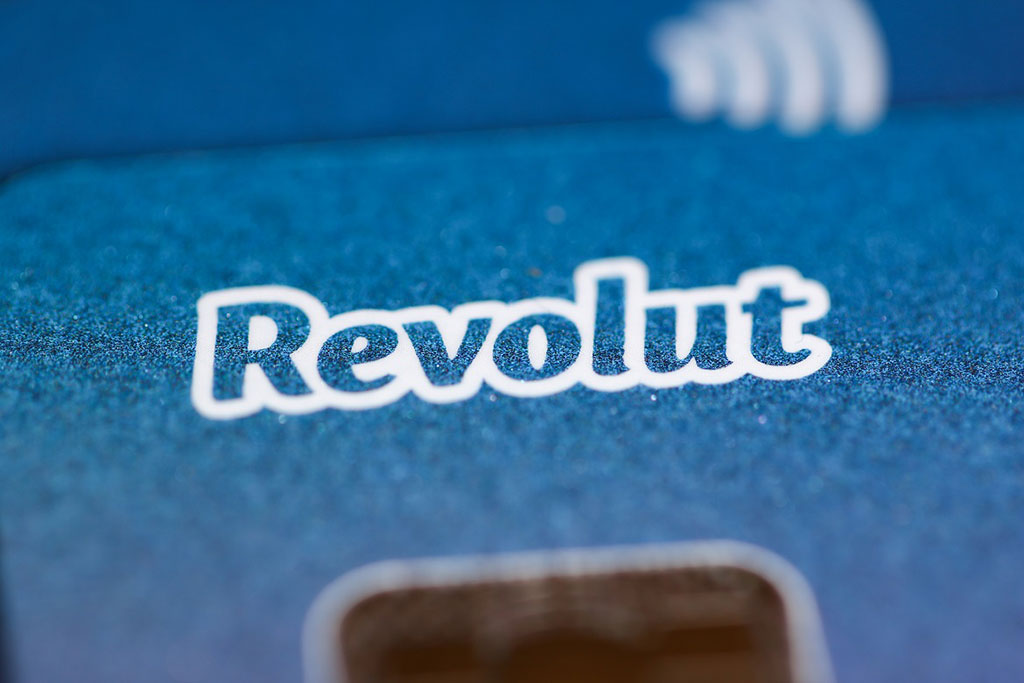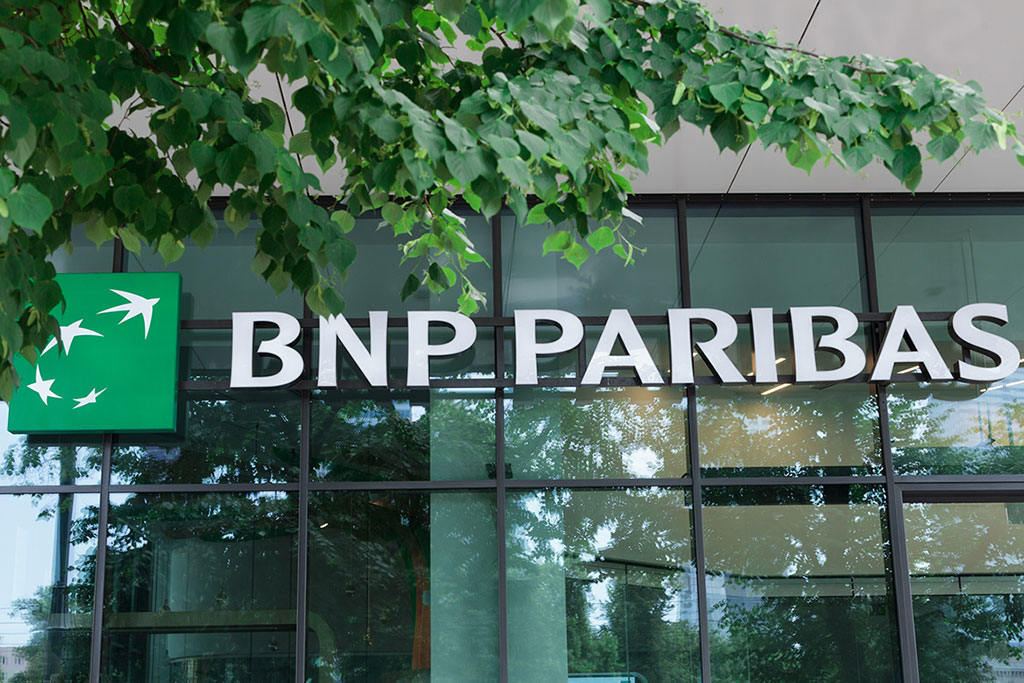
The move by JPMorgan and Apollo comes at a time when various traditional finance institutions are increasingly expressing interest in blockchain technology.

British multinational investment bank and financial services company
Barclays plc is a British multinational investment bank and financial services company, headquartered in London. Apart from investment banking, Barclays is organised into four core businesses: personal banking, corporate banking, wealth management, and investment management.
Barclays traces its origins to a goldsmith banking business established in the City of London in 1690. James Barclay became a partner in the business in 1736. In 1896, several banks in London and the English provinces, including Backhouse’s Bank and Gurney’s Bank, united as a joint-stock bank under the name Barclays and Co. Over the following decades, Barclays expanded to become a nationwide bank. In 1967, Barclays deployed the world’s first cash dispenser. Barclays has made numerous corporate acquisitions, including of London, Provincial and South Western Bank in 1918, British Linen Bank in 1919, Mercantile Credit in 1975, the Woolwich in 2000 and the North American operations of Lehman Brothers in 2008.
Barclays has a primary listing on the London Stock Exchange and is a constituent of the FTSE 100 Index. It has a secondary listing on the New York Stock Exchange. Qatar Holdings, an investment vehicle of the State of Qatar, is the largest shareholder of the company.
According to a 2011 paper by Vitali et al., Barclays was the most powerful transnational corporation in terms of ownership and thus corporate control over global financial stability and market competition, with AXA and State Street Corporation taking the 2nd and 3rd positions, respectively.

The move by JPMorgan and Apollo comes at a time when various traditional finance institutions are increasingly expressing interest in blockchain technology.

The acquisition of a banking license in the UK could open up new revenue streams for Revolut, allowing the company to generate interest income at a time when interest rates are at multi-year highs.

However, BNP Paribas is not immune to the challenges faced by many of its peers in the banking industry.